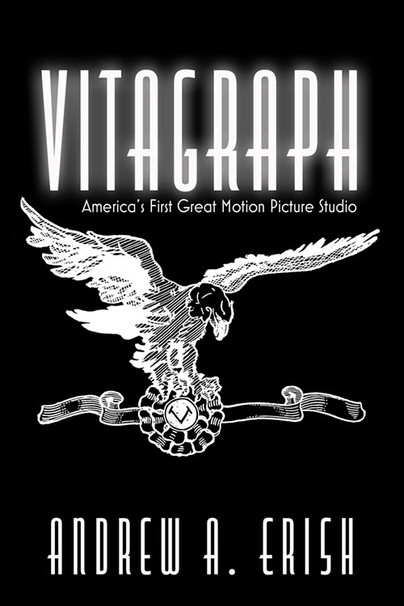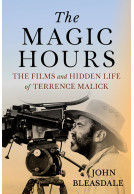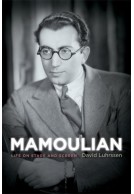Vitagraph (Paperback)
America's First Great Motion Picture Studio
Imprint: University Press of Kentucky
Series: Screen Classics
Pages: 298
ISBN: 9780813195346
Published: 24th May 2022
Script Academic & Professional
Series: Screen Classics
Pages: 298
ISBN: 9780813195346
Published: 24th May 2022
Script Academic & Professional
This book will be reprinted and your order will be released in due course.
You'll be £25.00 closer to your next £10.00 credit when you purchase Vitagraph. What's this?
+£4.99 UK Delivery or free UK delivery if order is over £40
(click here for international delivery rates)
Need a currency converter? Check XE.com for live rates
(click here for international delivery rates)
Need a currency converter? Check XE.com for live rates
In Vitagraph, Andrew A. Erish provides a comprehensive examination and reassessment of the company most responsible for defining and popularizing the American movie. This history challenges long-accepted Hollywood mythology that simply isn't true: that Paramount and Fox invented the feature film, that Universal created the star system, and that these companies, along with MGM and Warner Bros., developed motion pictures into a multi-million-dollar business. In fact, the truth about Vitagraph is far more interesting than the myths that later moguls propagated about themselves.
Established in 1897 by J. Stuart Blackton and Albert E. Smith, Vitagraph was the leading producer of motion pictures for much of the silent era. Vitagraph established America's studio system, a division of labor utilizing specialized craftspeople and artists, including a surprising number of women and minorities, whose aesthetic innovations have long been incorporated into virtually all commercial cinema. They developed fundamental aspects of the form and content of American movies, encompassing everything from framing, lighting, and performance style to emphasizing character-driven comedy and drama in stories that respected and sometimes poked fun at every demographic of Vitagraph's vast audience. The company overcame resistance to multi-reel motion pictures by establishing a national distribution network for its feature films. Vitagraph's international distribution was even more successful, cultivating a worldwide preference for American movies that endures to the present. For most of its existence America's most influential studio was headquartered in Brooklyn, New York before relocating to Hollywood.
A historically rigorous and thorough account of the most influential producer of American motion pictures during the silent era, Erish draws on valuable primary material long overlooked by other historians to introduce readers to the fascinating, forgotten pioneers of Vitagraph.
Other titles in the series...
Other titles in University Press of Kentucky...





















